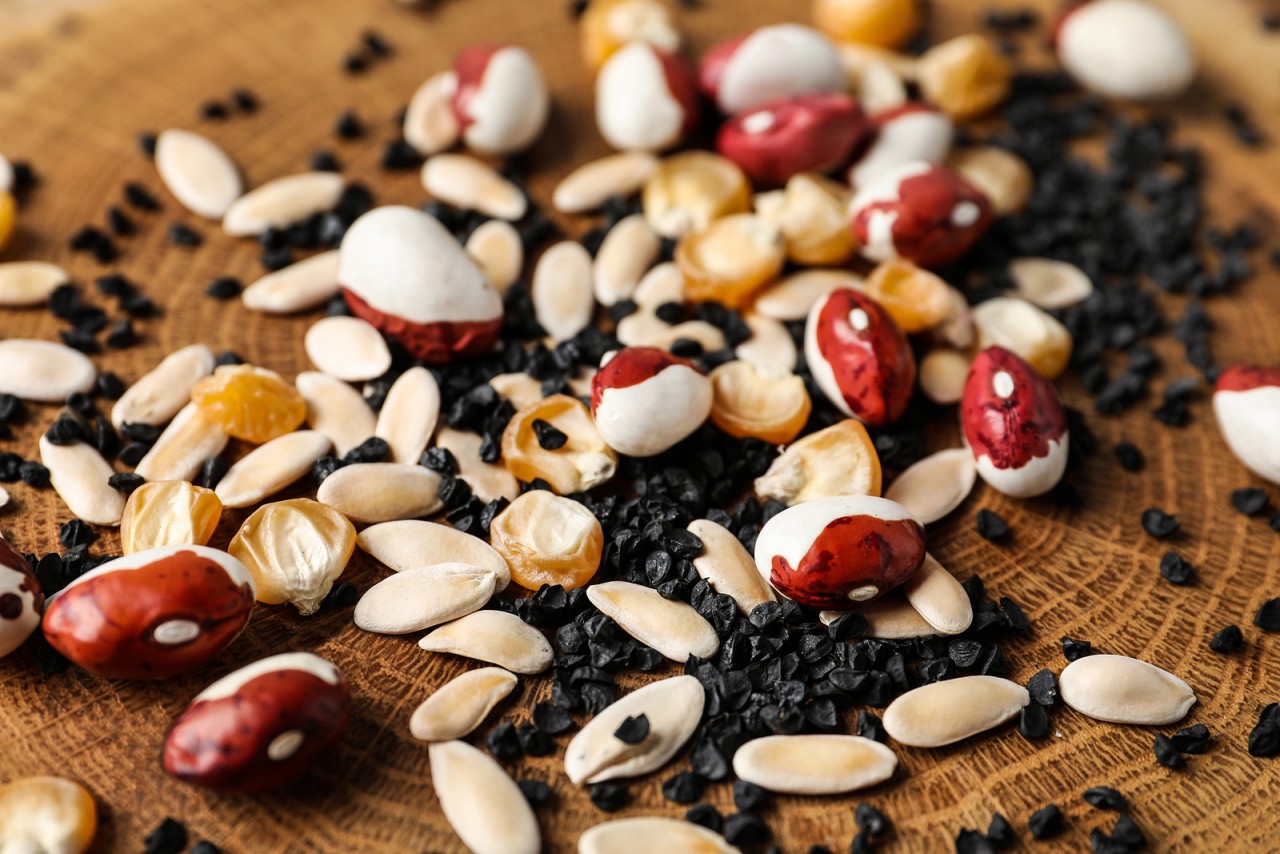Have you ever known a really good storyteller? If so, you’ll never forget them! They speak words in a way that bring color into all of the black, white and gray images in our heads.
Stories themselves are fundamental to human understanding and communication. They are how we engage with each other and how we record things that happened or failed to happen. Stories are how we develop and assign meaning and relevance to what we are experiencing with our five senses, and they help us determine where and how we fit in this world.
There are all kinds of stories but since I am a gardener, stories about heirloom seeds are interesting to me. The definition of an heirloom is, “a valuable object that has belonged to a family for several generations.” If you ask someone off-the-cuff what comes to mind when they hear the word “heirloom” they would probably say, “a piece of jewelry or a work of art.” I don’t think that most people consider a few seeds in the palm of their hand to be valuable objects that have belonged to their family for several generations.
That’s because we live in a time where we can purchase seeds for practically anything that we want to grow at any time. Seeds are readily available in small quantities or in bulk, and we can get them from large warehouses, individuals or hobby seed handlers any time.
This hasn’t always been the case. For many years, seeds were not commercially produced and were considered to be very precious. They had to be cultivated, collected, properly stored and handed down. Each seed has a story and it was usually fascinating.
Take for instance the Wick’s Lima Bean. According to Seeds Savers Exchange, “Wick Smith—an avid gardener who also taught school (in a one-room schoolhouse) and farmed for many years—had stewarded this variety of lima since at least the 1930s. He lived to the age of 95 and maintained a large garden even after his wife passed away, so that he could share the extra produce with others.” You can read his full story here.
People went to great lengths to ensure that the seeds of whatever they were propagating survived. It was hard work, and much effort went into it. They would take care of their seeds and tell their story over and over again because they loved it!
The story of their seed was important. They were sure to share it so that others would understand its importance, handle it correctly, appreciate it and pass it on. Today, we have precious heirloom seeds because people cared and worked hard to preserve them.
God’s Word is like a seed. When planted in the heart and mind it will grow and change lives. It is precious and should be cultivated, protected and handed down. Oh, how we should love God’s Word and care about sharing it with others! Deut. 11:18 – 21 teaches us how to do this. “You shall therefore impress these words of mine on your heart and on your soul; and you shall bind them as a sign on your hand, and they shall be as frontals on your forehead. You shall teach them to your sons, talking of them when you sit in your house and when you walk along the road and when you lie down and when you rise up. You shall write them on the doorposts of your house and on your gates, so that your days and the days of your sons may be multiplied on the land which the Lord swore to your fathers to give them, as long as the heavens remain above the earth.”
Can you imagine the outcome if we spent our time planting God’s Word with this much energy and enthusiasm? The stories would be amazing! People need the Lord, and He wants us to take the seeds of His Word to them.
No one has a story like yours! No one can tell your story as well as you can. May God give us the determination to scatter the seeds of His Word and boldly tell our stories.





